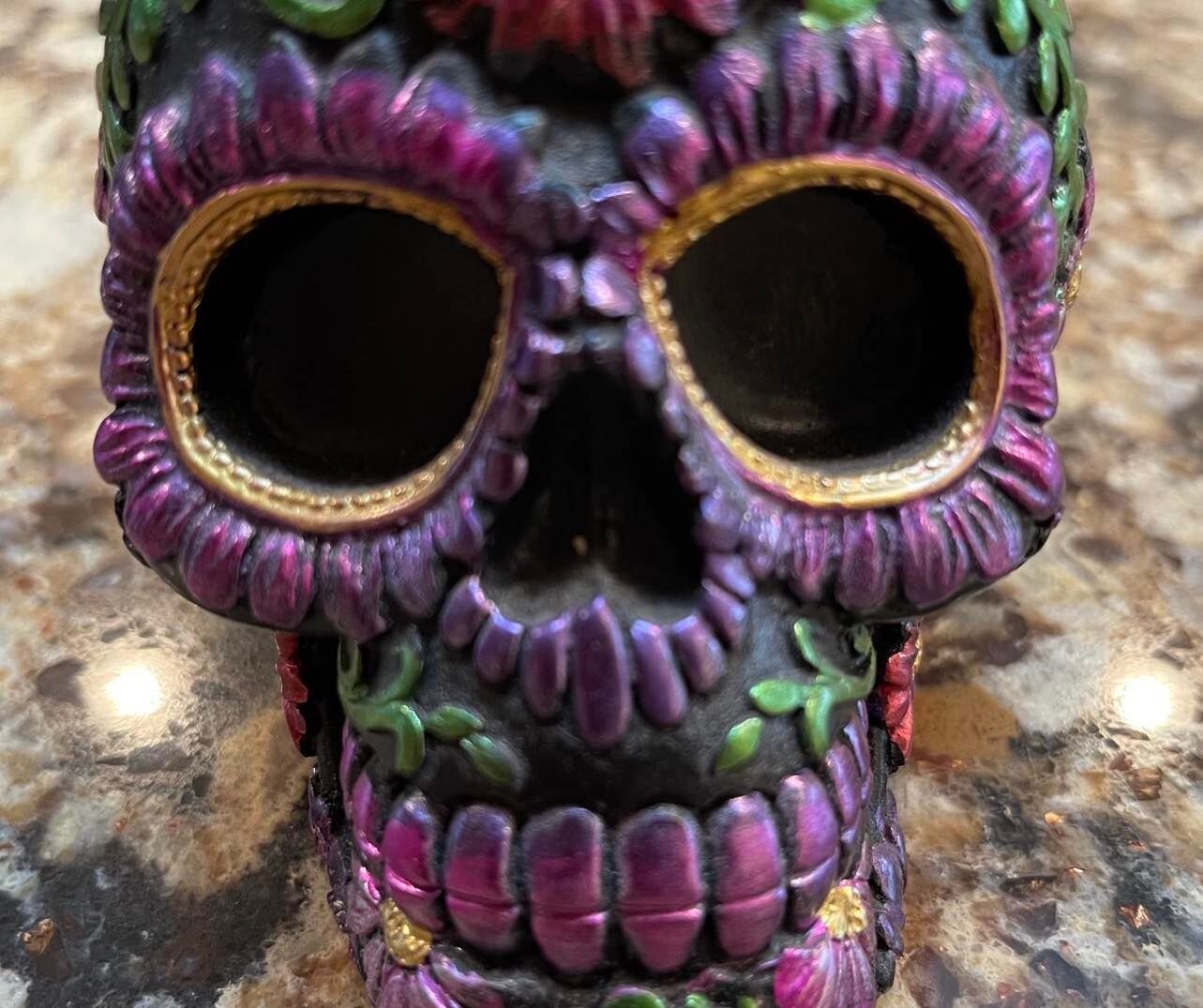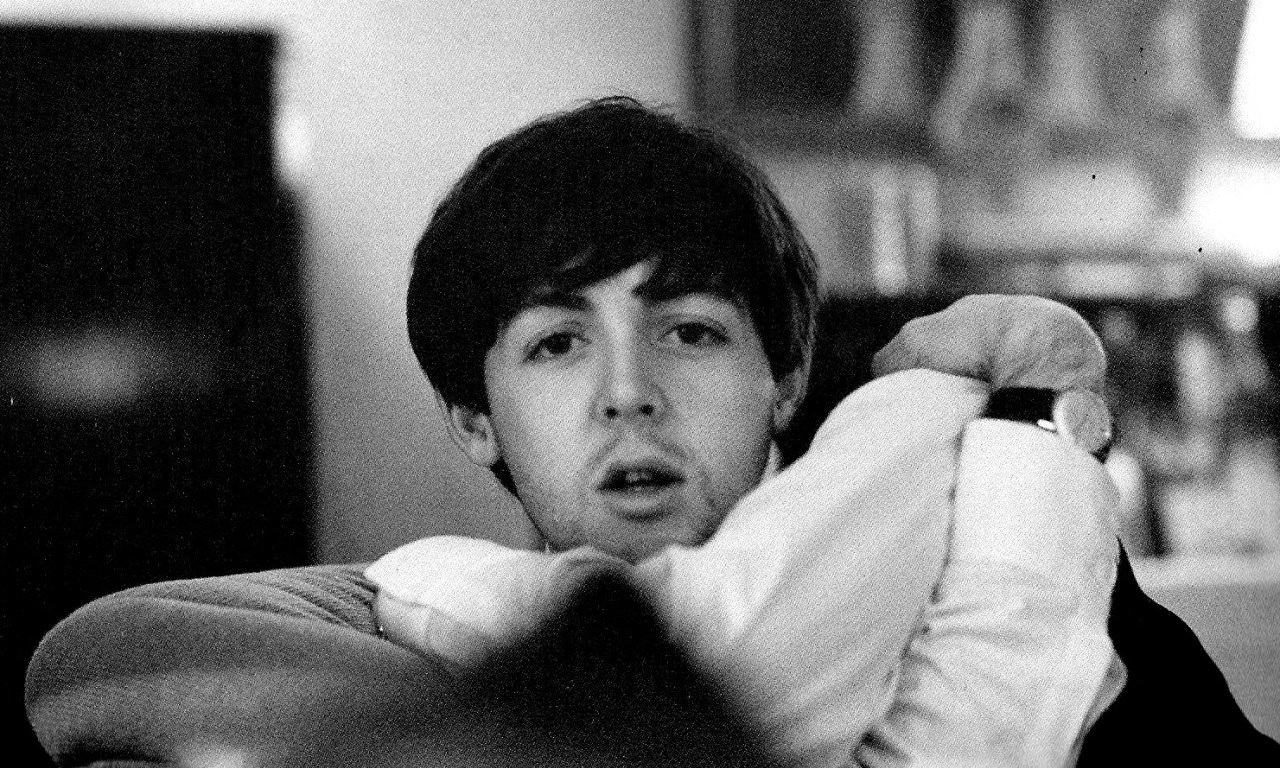I’ve left the idea that “better catechesis” will end disaffiliation w/the church, or with Christianity in general. I have too many well-catechized pals who KNOW their faith but have still walked away.
This piece does a good job of addressing why, and do read it to the end. What people know of the church is simply not jibing with what, and how, it is being taught.
Maya Angelou once said something like “People will forget what you said, and forget what you did, but people will never forget HOW YOU MADE THEM FEEL.” In recent decades, the Catholic Church (and Christianity in general) has made people feel ashamed, furious, sickened, hopeless, impotent, ignored, unheard… I’m just scratching the surface, here.
They’ve watched “leadership” drop every ball, time and again — bishops defaulting to “duck-and-cover” mode. They’ve seen victims given money and empty platitudes (which is the way of the world, not of God); they’ve seen teachable moments go unaddressed.
They’ve compared it to the Gospels and given up.
The Church should help its members feel like it’s got a moral center (and thus a moral authority) that we can depend upon and want to uphold; it should be addressing realities that people are actually living, problems they are actively encountering, and offering a Christocentric and helpful worldview on how to deal. Rather, people are feeling like they are left to figure it out themselves. One more rant about catechesis (poor as it’s been, these 50 years) won’t stop the bleed-out. Addressing the broken and troubled world as it is has become essential. “Development of doctrine” should not be a frightening idea. Even Aquinas admitted he didn’t know it all, had seen more than he’d ever dreamed or could relate.
When faced, as we are, with unprecedented issues, we must confront them and first ask a few questions to discover why society, why science, why the family, why reason itself all seem to be listing askew in ways we have never seen before, and why these things are happening now. And then we must prayerfully discern how we are to deal, spiritually and sacramentally with these new realities that people are living with, whether some want to acknowledge them as new realities or not.
Because there ARE answers to the new questions, and the answers will always reside in Christ. Which means…
Well, which means we shouldn’t be so damned afraid!
The Church has no business being afraid to talk, to reason, to argue, to develop (as it has ever done!) and to make manifest Christ on Earth, even down to his purposeful suffering. A truly Christocentric church has nothing to fear of the world unless it has become itself too much OF the world (a thing with which all of us wrestle).
We must wrestle together (hey, Jacob wrestled with God) if we are to be what we are called to be, and must be: a deep and abiding spring of consolation, refreshment and conscientious formation and sacramental fervor, in service of the Christ.
Folks go with what they know, how it makes them feel. The Church they know feels… well, be my guest and fill in the blank.
***This piece is a reprint of a little rant on Facebook. If you have time, go to the link and check out some of the comments. When I said that I have too many friends who know the faith and have still left, it’s not an exaggeration. As one commenter, Woodeene Koenig-Bricker, astutely remarked, “Nones don’t necessarily live as if God doesn’t matter. Sometimes God matters so much they can’t stay in the structure.”
And that is exactly what my absent friends are saying to me, as they make their slow, reluctant, but inexorable exits. They’re still loving the saints, prayers and devotions of the Church; they’re still hungry for the Eucharistic Christ, but feeling unable to remain in good conscience.
I know I’ve said it before, but I will keep saying it: absolutely nothing is going to get fixed until we see all of our bishops, including the Bishop of Rome, prostrated, making a public act of contrition for the sins of the Church.
The world needs to see the princes of the Church brought to that low, narrow gate—their splendid robes marred with dirt as they seek it. The whole world needs to hear them praying the Confiteor—begging forgiveness before God and the world for “what we have done; for what we have failed to do, through our faults, through our faults, through our most grievous faults.” Satellites should be bringing us views of a Church on its face in every diocese, every parish, praying in one voice, “Forgive us our sins!”
Just because stories of sexual scandal, fiscal mismanagement and more have not been in the headlines lately doesn’t mean any of us have forgotten, nor forgiven. And repairing broken moral authority begins right there, on the ground, bellies in the dirt, making reparations, promising fidelity to the Gospels before the world, fidelity to the faithful before their own comfort or even their safety.
And then, when they haul themselves back up, perhaps the bishops and all the clergy will be ready to address the world as it is, as Christ Jesus would — compassionately, courageously, directly, willing to sit at the table with the sinners, and willing to teach in a way that gives us Christ before all else.
This, by the way, does not meet the case.
Image by PublicDomainPictures from Pixabay


